Traveling opens up a world of experiences and cultural enrichment; however, it’s important to stay aware of the risks involved, particularly crimes against tourists. In this comprehensive guide, we will delve into various types of crimes targeting travelers, share personal experiences, and provide valuable tips to ensure your safety while exploring new destinations.
Types of Crimes Against Tourists
Every year, millions of tourists travel to various countries, but unfortunately, some encounter criminal activities. Understanding these crimes can help you take precautions.
1. Theft
Theft is one of the most common crimes against tourists. It can range from pickpocketing to hotel burglaries. Thieves often target busy tourist areas, making it essential to safeguard your belongings.
- Pickpocketing: Often occurs in crowded places.
- Burglaries: Usually happen in hotels or rentals.
- Bag Snatching: Often done by individuals on bikes or scooters.
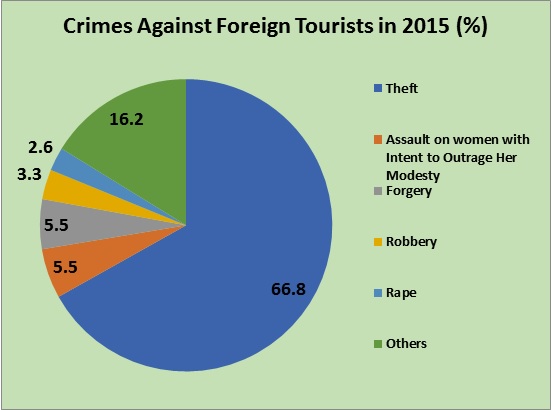
2. Scams
Scams can be tricky and sometimes go unnoticed until it’s too late. Here are a few common scams to watch out for:
- Fake Tour Guides: Offering prodigious deals but delivering subpar experiences.
- Transportation Scams: Overcharging for taxis or rideshare services.
- Currency Exchange Scams: Misleading rates or hidden fees.
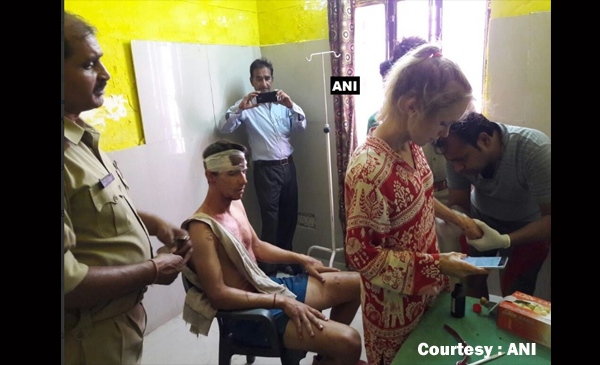
3. Assault
Though less common, some tourists unfortunately face physical assault. This can occur in isolated places or during nightlife activities. It’s crucial to stay vigilant.
Common Types of Assaults
- Robbery: Threat of violence to steal belongings.
- Sexual Assault: Targeting vulnerable individuals.
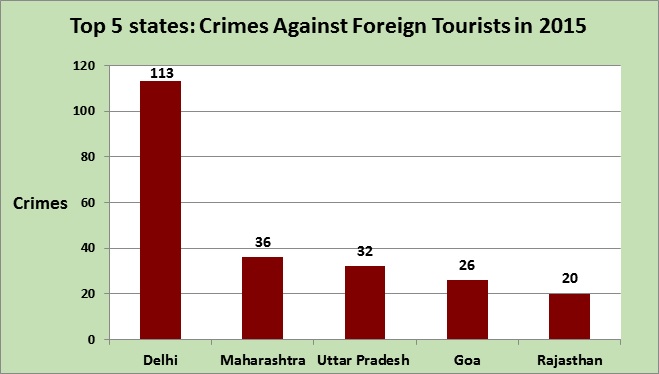
Travel Safety Tips for Tourists
Staying safe while traveling is essential. Here are some practical tips to ensure your trip is enjoyable and secure:
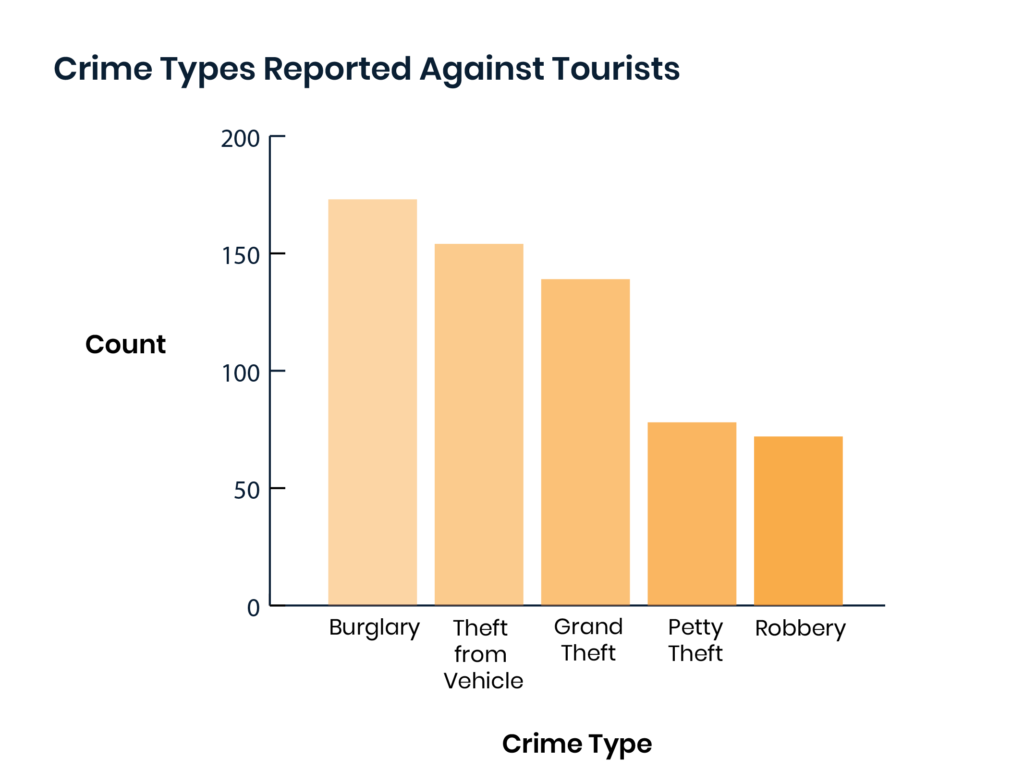
1. Research Your Destination
Before a trip, investigate the safety levels of your destination. Websites like Travel State provide up-to-date travel advisories.
2. Keep Valuables Secure
Invest in anti-theft bags and use hotel safes. Avoid displaying expensive items like jewelry or high-end electronics.
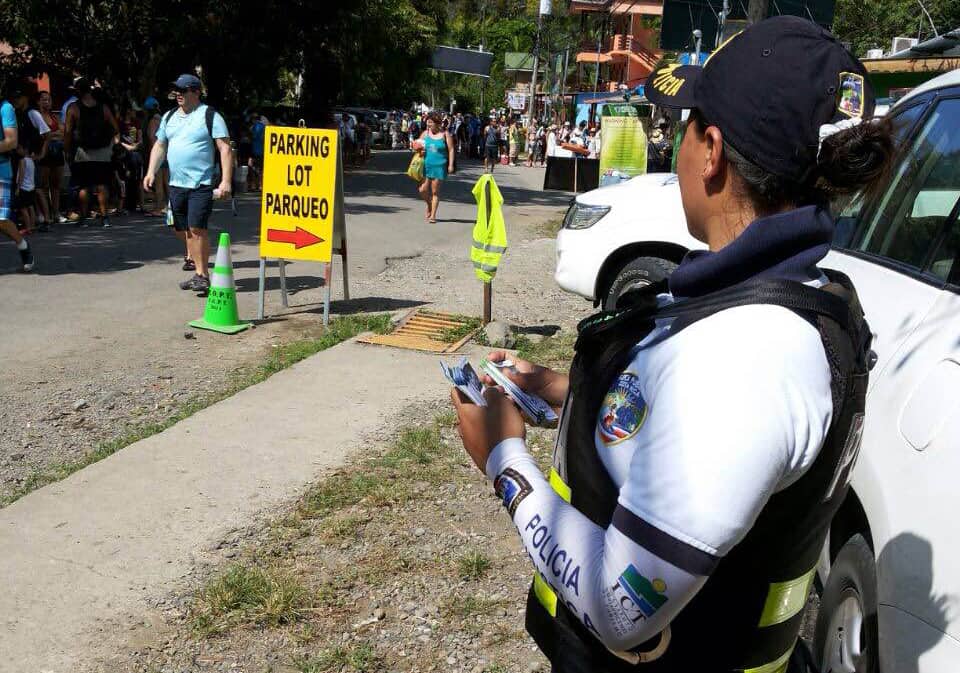
3. Stay Aware of Your Surroundings
Always be observant. If something feels off, trust your instincts and remove yourself from the situation.
4. Use Reputable Transportation Services
Whether it’s taxis or rideshares, use well-known companies. Verify drivers before getting in.

5. Share Itinerary with Trusted Contacts
Keep friends or family informed about your plans and check in regularly.
Destination Highlights: Safest and Most Dangerous Tourist Spots
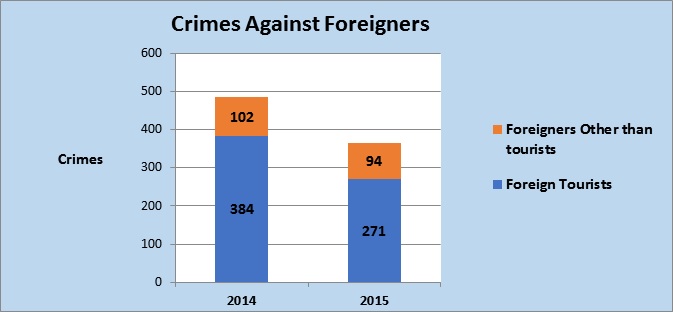
Not all destinations carry the same level of risk. Here’s a breakdown of some safer versus riskier tourist spots.
Safest Tourist Destinations
| Destination | Safety Rating | Highlights |
|---|---|---|
| New Zealand | 9.8/10 | Breathtaking landscapes, friendly locals |
| Japan | 9.7/10 | Cultural experiences, punctual transport |
| Canada | 9.5/10 | Natural wonders, multicultural cities |
Most Dangerous Tourist Destinations
| Destination | Safety Rating | Common Issues |
|---|---|---|
| South Africa | 4.5/10 | High crime rates, thefts |
| Mexico | 5.0/10 | Violence, scams |
| Brazil | 5.5/10 | Poverty-related crime, pickpocketing |
Pros and Cons of Traveling to High-Risk Areas
Every travel destination has its advantages and disadvantages, especially high-risk areas.
Pros
- Cultural Exposure: Unique experiences and authentic interactions.
- Adventure: Thrilling opportunities that can be deeply rewarding.
Cons
- Risk of Crime: Higher chances of encountering crime.
- Stressful Situations: Constant awareness can detract from enjoyment.
Personal Travel Experiences: Safety Lessons Learned
Reflecting on my travels, I recall a time in Barcelona where I almost fell victim to pickpocketing. I was enjoying the atmosphere at La Rambla when I felt a strange tugging at my backpack. Luckily, I had fastened my bag securely, and the thief quickly retreated. This incident taught me the importance of being vigilant and securing my belongings in crowded areas.
Another experience was in Thailand, where I was approached by a “tour guide” offering deals on excursions. I politely declined after remembering to research my options before visiting. This encounter highlighted the significance of pre-travel research and being wary of too-good-to-be-true offers.
Comparing Travel Insurance Policies
Investing in travel insurance is a practical way to protect yourself against unexpected occurrences. Here’s a comparison of top travel insurance providers:
| Provider | Coverage | Cost | Rating |
|---|---|---|---|
| World Nomads | Medical & Theft | $100 | 4.7/5 |
| Allianz | Comprehensive | $70 | 4.5/5 |
| Travel Guard | Customizable | $90 | 4.6/5 |
Frequently Asked Questions (FAQs)
What should I do if I become a victim of crime while traveling?
If you find yourself in such a situation, prioritize your safety. Report the incident to local authorities and your country’s embassy. Document everything for insurance claims.
How can I avoid scams while traveling?
Research common scams in your destination before arrival, stay aware of your surroundings, and ask trusted locals for recommendations.
Is travel insurance necessary?
While not mandatory, travel insurance provides peace of mind and financial protection against unexpected incidents.
What is the safest way to carry money while traveling?
Use a money belt or concealed pouch. Carry minimal cash and use credit cards for large purchases when possible.
Conclusion: Enjoying Travel Safely
While the threat of crimes against tourists exists, being informed and prepared can significantly reduce risks. By prioritizing your safety, conducting thorough research, and staying vigilant, you can enjoy your travels without unnecessary worry. Remember, the world is full of wonderful experiences waiting for you—embrace them, but do so wisely!